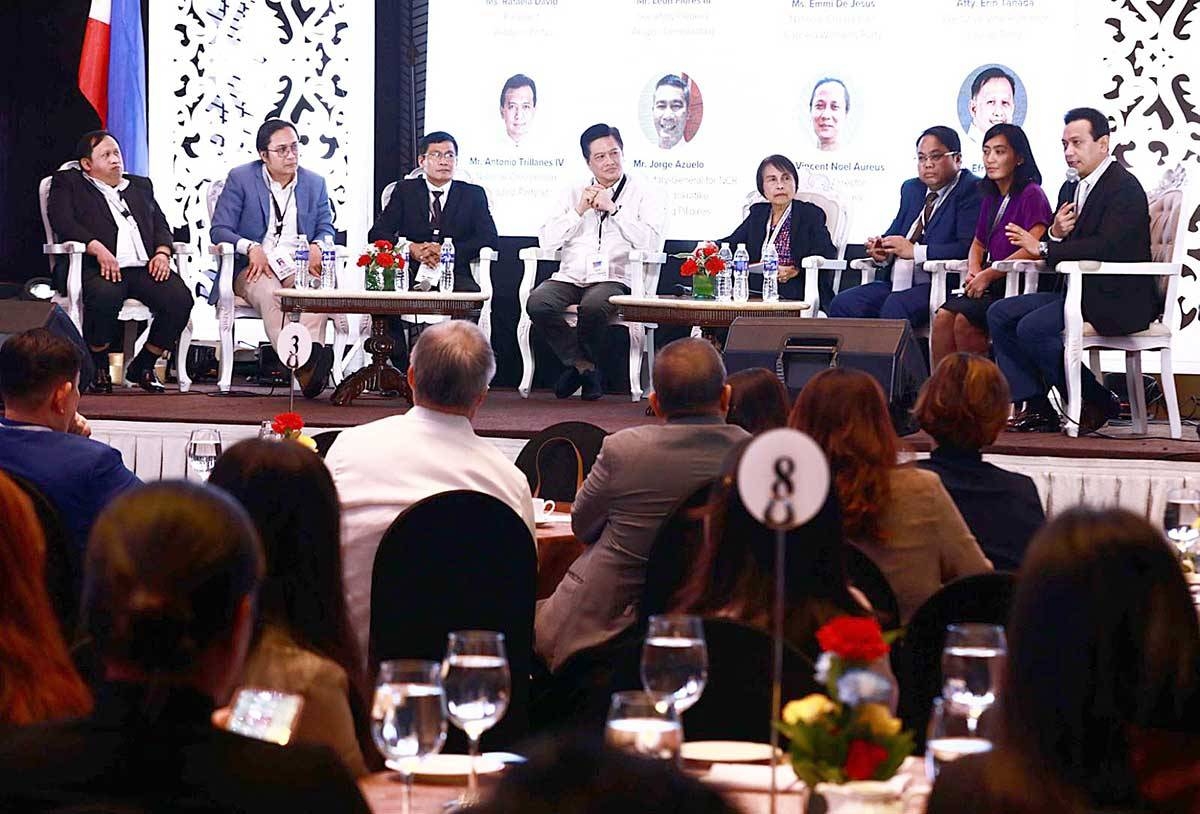The Importance of Political Parties in the Philippines
A study commissioned by Participate PH, a non-partisan, pro-democracy coalition, has revealed that many Filipinos are unfamiliar with the nature of political parties. However, despite this lack of knowledge, they still recognize the value of political parties in terms of public service delivery and representation. This finding suggests that there is potential for convincing more Filipinos to join political parties and actively participate in the political process.
Participate PH, led by the Ateneo School of Government, La Salle School of Governance, National Citizens’ Movement for Free Elections (NAMFREL), Initiatives for Dialogue and Empowerment through Alternative Legal Services Inc. (IDEALS Inc.), and Caucus for the Development of Non-Government Organization Networks (CODE-NGO), aims to engage and empower the political participation of Filipinos by providing opportunities for citizen engagement and empowerment.
Understanding the Current Landscape
A survey conducted by WR Numero Research during a multiparty summit held at the Manila Hotel revealed that 68 percent of Filipinos surveyed were unfamiliar with political parties, while 32 percent claimed to be familiar with them. The National Capital Region is the only region in the country where more Filipinos expressed familiarity with political parties (52 percent), although unfamiliarity remains high at 48 percent.
When asked about specific political parties, respondents mentioned the Liberal Party (LP), the “Uniteam” administration coalition, the Partido Demokratiko Pilipino-Lakas ng Bayan (PDP-Laban), ACT-CIS Partylist, Lakas-Christian Muslim Democrats, Nacionalista Party, Anakbayan Party, and Tingog Partylist. It is important to note that while some parties were trusted, not all parties enjoyed the same level of trust among the respondents.
Building Trust and Encouraging Participation
Despite the majority of Filipinos not being members of political parties, the survey revealed that 20 percent of respondents expressed interest in becoming members. This indicates that Filipinos still vote based on their conscience rather than party affiliation. Dr. Julio Teehankee, Chief of Party for Participate PH and a professor at De La Salle University School of Governance, emphasized the importance of expanding the number of Filipinos who vote based on the qualifications and platforms offered by parties and their candidates.
The survey also highlighted factors that could encourage Filipinos to join political parties, such as the parties’ implementation of projects and provision of assistance, alignment of beliefs, and connections to respected leaders. Teehankee emphasized the need to re-institutionalize political parties and introduce competition among them, especially among political dynasties. He believes that families can be part of politics as long as they operate within the boundaries of real political parties.
The Role of Political Parties in Addressing Public Sentiments
Commission on Elections Chairman George Erwin Garcia emphasized the importance of the multiparty summit as an outlet for Filipinos to express their political sentiments. He also highlighted the significance of political parties developing platforms based on their own ideologies rather than relying on vague statements. According to Garcia, political parties need to meet the needs of the Filipino people.
By understanding the current landscape and addressing the concerns raised by the survey, political parties in the Philippines can play a crucial role in fostering public trust, encouraging citizen participation, and effectively representing the interests of the Filipino people. It is essential for political parties to continuously engage with the public, demonstrate their commitment to public service, and provide clear and meaningful platforms to attract more Filipinos to join them in shaping the future of the nation.







